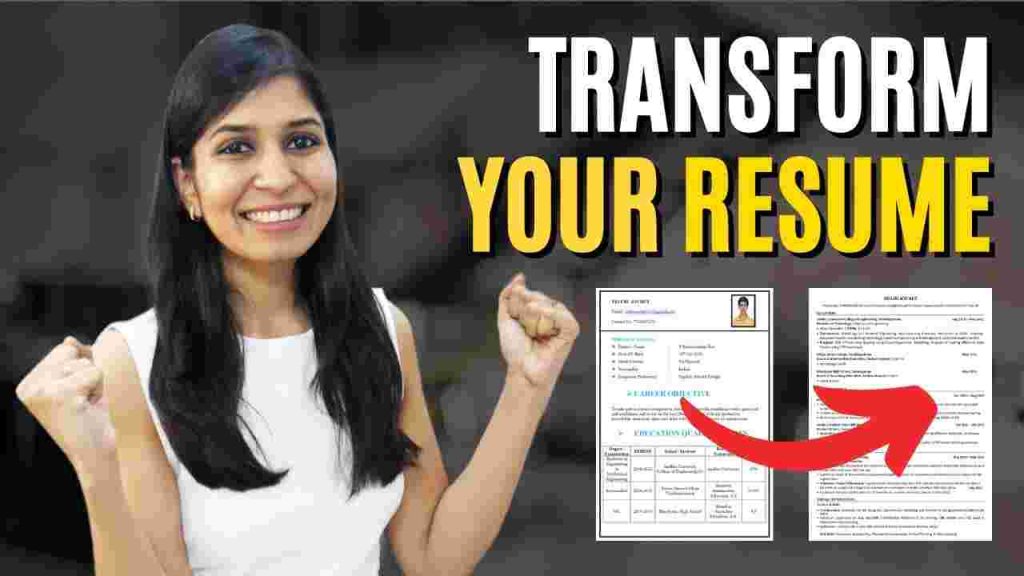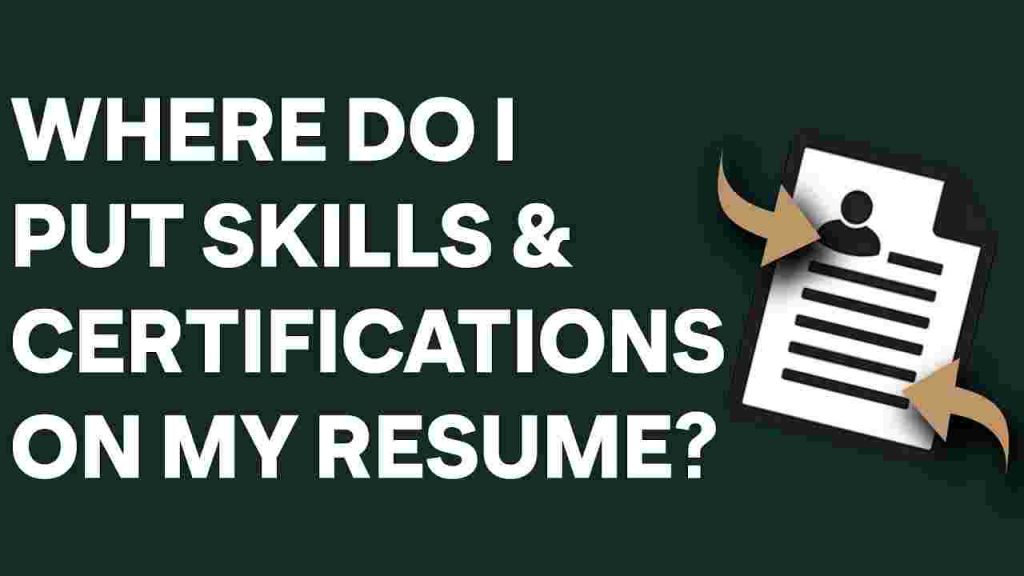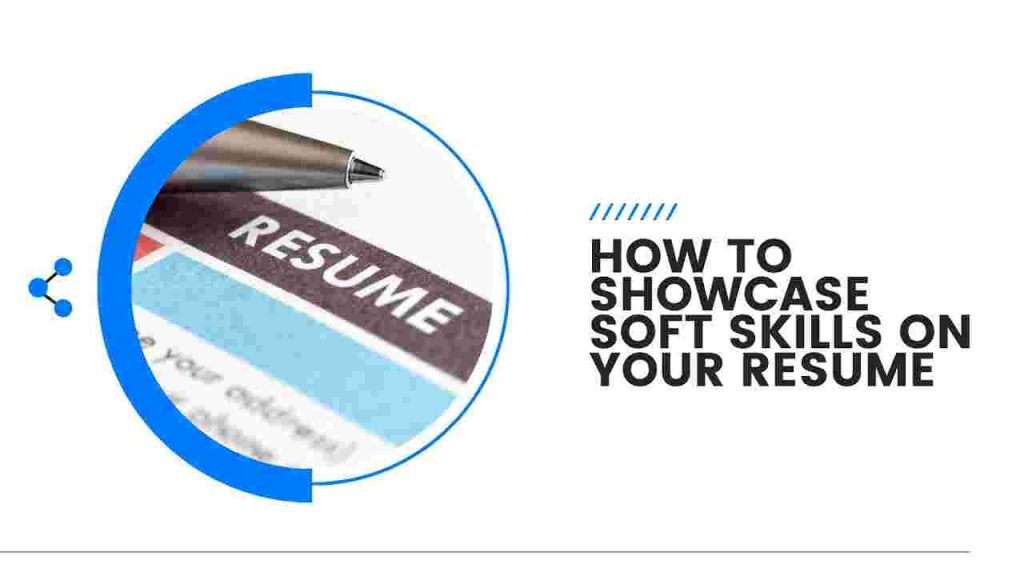In 2025, landing a job requires more than just having work experience. The first impression you make on a company is often through your resume.
A strong resume can help you stand out from other applicants, but even small mistakes can hurt your chances.
Many people still repeat common errors, like using outdated formats or ignoring the importance of tailoring resumes for specific jobs.
This guide will explain the five biggest resume mistakes to avoid in 2025.
You will learn how to fix these errors and create a resume that impresses hiring managers and automated systems.
Whether you are applying for your first job or looking for a career change, following this advice will give you a better chance of success.
Mistake 1: Ignoring the Role of AI in Screening Resumes
Understanding ATS and How It Works
Many companies now use Applicant Tracking Systems (ATS) to sort through resumes.
These systems scan resumes for specific keywords that match the job description.
If your resume does not include these keywords, it might not even be seen by a human.
Importance of Keywords
To make your resume ATS-friendly, you need to carefully read the job description. Identify key skills and qualifications mentioned in the listing.
For example, if the job requires “data analysis skills,” include that exact phrase in your resume.
Avoid overloading your resume with keywords, as it should still sound natural.
Avoiding Formatting Issues
ATS systems can’t read fancy formatting, like tables, graphics, or unusual fonts. Use a clean, simple layout with clear headings and bullet points. Stick to standard fonts like Arial or Times New Roman.
By understanding how ATS works, you can ensure your resume gets noticed by both technology and hiring managers.
Mistake 2: Using Outdated Resume Formats
Why Formats Matter
Using an outdated resume format can make you look unprofessional.
For instance, older resumes often use objective statements, which are no longer preferred.
In 2025, hiring managers look for professional summaries instead. These summaries quickly highlight your skills and experience.
Modern Layout Tips
A modern resume should have a clean design that is easy to read. Use clear sections with bold headings like “Work Experience” or “Skills.”
Avoid clutter by keeping it concise and well-organized. Bullet points are ideal for listing information clearly.
Focus on Simplicity
Do not use unnecessary design elements, like borders or multiple colors. Stick to black and white for printing clarity.
Ensure your contact information is at the top, and include your LinkedIn profile for easy access to more details.
By updating your resume format, you show that you are in tune with current trends and professional standards.
Mistake 3: Focusing on Responsibilities Instead of Achievements
Why Achievements Matter
Hiring managers already know the basic duties of your past roles. They want to see what you accomplished.
For example, instead of saying “Managed a sales team,” you could say, “Led a team that increased sales by 25% in one year.”
How to Highlight Achievements
Use numbers and examples to show your impact. Quantify your achievements wherever possible.
For instance, “Improved customer satisfaction by 15%” sounds much more impressive than just listing your responsibilities.
Use Action Verbs
Start each bullet point with an action verb, such as “Created,” “Improved,” or “Designed.” This makes your resume more dynamic and engaging.
Avoid passive language, as it can make your contributions seem less significant.
By focusing on achievements instead of tasks, you can make your resume stand out and show hiring managers the value you bring to their company.
Mistake 4: Not Tailoring Your Resume to Each Job
Why Customization Is Important
Every job is unique, and so should be your resume. A generic resume fails to show that you understand the company’s needs.
Hiring managers want to see that you have the exact skills they are looking for.
How to Tailor Your Resume
Start by reviewing the job description carefully. Highlight the skills, qualifications, and experiences mentioned. Then, adjust your resume to reflect these.
For instance, if the job requires “project management,” mention relevant projects you have led.
Avoid Overloading
While customization is key, avoid making your resume too long. Only include details relevant to the specific role. This makes it easier for recruiters to focus on the most important points.
Tailoring your resume for each job shows you are serious about the position and increases your chances of getting an interview.
Mistake 5: Neglecting to Update Contact Information and Links
Why Accurate Information Matters
Your resume must have the correct contact details. A mistake here can prevent a recruiter from reaching you, even if they are interested in your application.
Include your phone number, professional email address, and LinkedIn profile.
Check Your Links
If you include links to portfolios or social media profiles, ensure they work.
Broken links can frustrate recruiters and make you seem careless. Test every link before submitting your resume.
Keep It Professional
Your email address should look professional. Avoid informal addresses like “funnyguy123@example.com.” Use a simple format, such as “firstname.lastname@example.com.”
By keeping your contact information updated and professional, you make it easy for recruiters to connect with you.
Conclusion
A strong resume is your ticket to job opportunities in 2025. Avoiding these five mistakes can make all the difference. Focus on being clear, professional, and relevant.
Use ATS-friendly keywords, modern formats, and tailored content. Highlight your achievements and keep your contact information accurate.
Take time to review your resume and make these improvements today. This simple effort can help you stand out and increase your chances of landing your dream job.




